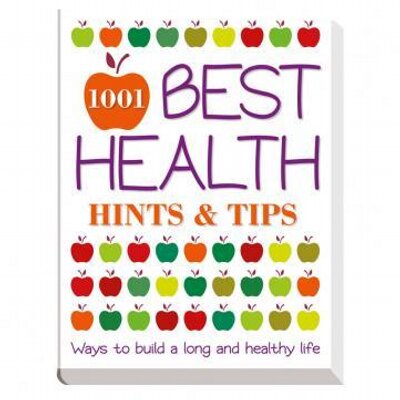How many times in how many years have we been urged to "cut back on" red meat - or eliminate it altogether from our diets? Sounds familiar, doesn't it? But is this advice viable?
For her PhD thesis, a student of psychiatry decided to perform a study to prove that increased intake of animal foods was toxic and would be associated with more mental disorders. She randomly selected 1000+ women, ages 20 to 93 years for the study. Other groups of food - vegetables, fruits, beans, etc. - were included for comparison.
Her words:
"...the strongest correlation of mental health [not illness] was red meat intake. Consistently, women who have less than the recommended intake of red meat seem to be in an increased risk for common mental disorders (like anxiety and depression) and bipolar disorder. Women only need a small amount - a palm-sized serving - three or four times a week." Quoted from Am J Psychiatry.2010 Mar;167(3):305-11
This student was very surprised to find that her hypothesis about animal foods being toxic to humans turned out to to disproved instead of proved! I wonder if she recommends eating red meat to her patients? Hope so!
Red meat provides complete amino acids, zinc, iron, and omega-3 fatty acids - all nutrients that are important for preventing depression and anxiety.
As always, we strongly encourage our patients to eat meat that has been naturally raised (pastured on real grass), without hormones, antibiotics or other chemicals that are administered to artificially fatten the animals. When we eat meat from factory-raised animals, we get the "benefit" of the antibiotic residues they contain. This contributes to the huge antibiotic-resistant problem we now deal with.
Yes, organic meat costs a little more, but when we keep the servings smaller and eat it less frequently, as suggested by the author of the study above, it's a win-win situation. And the flavor can't be compared!
For more information on handling anxiety, depression, and other conditions that hinder our health, call and ask for Susana. She is always happy to share her wisdom and experience.
Our number is (562) 861-3896





